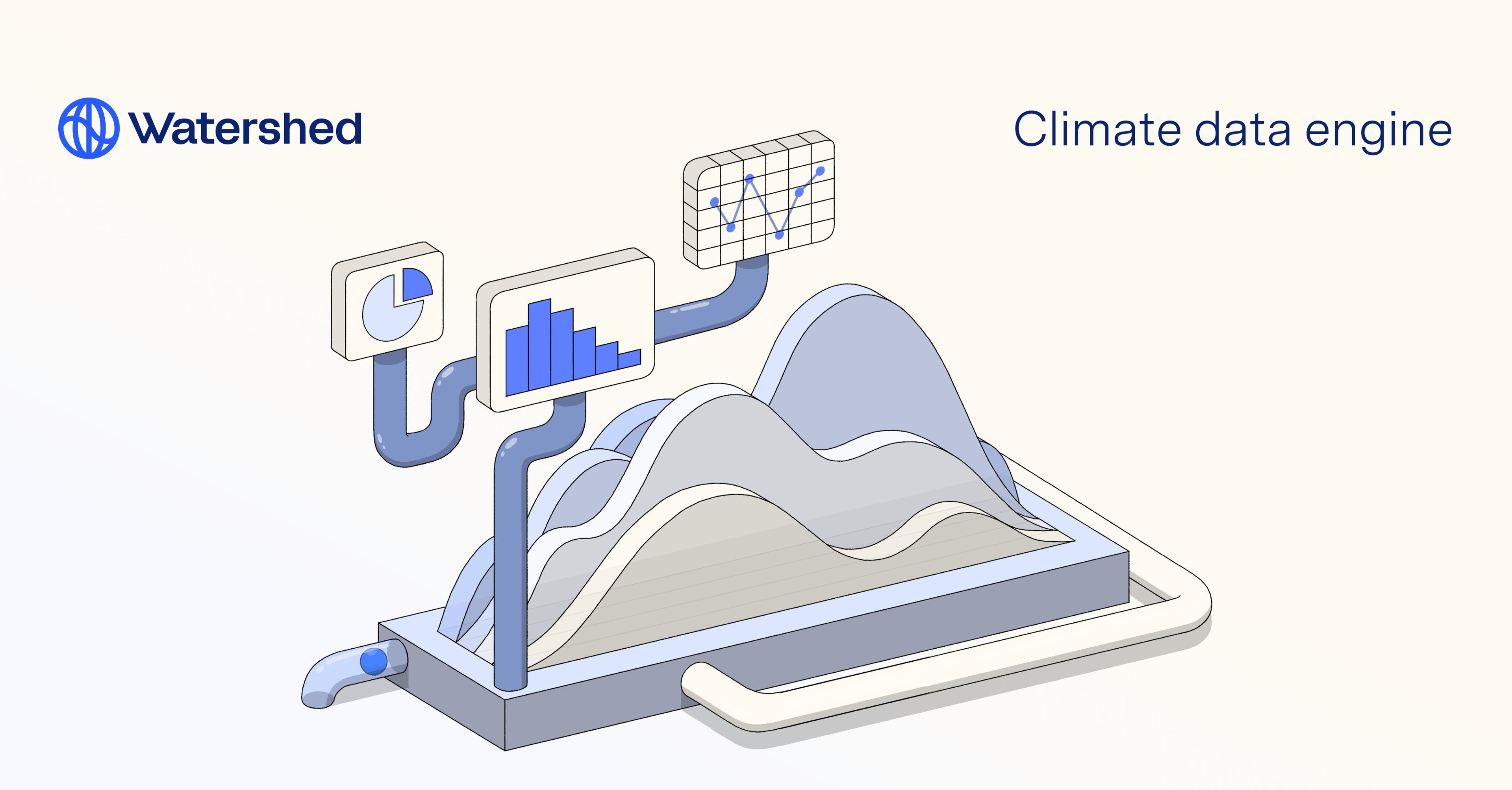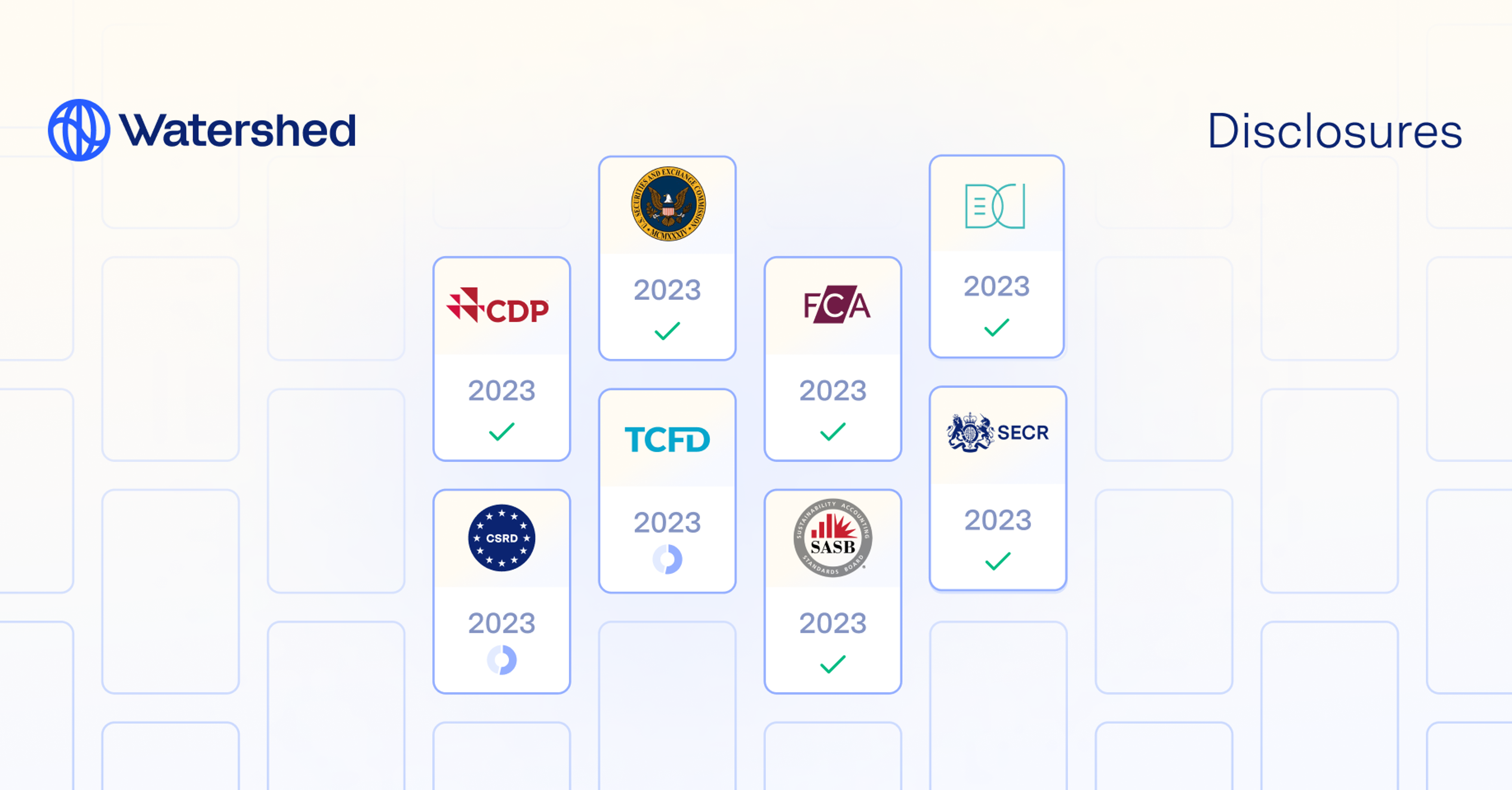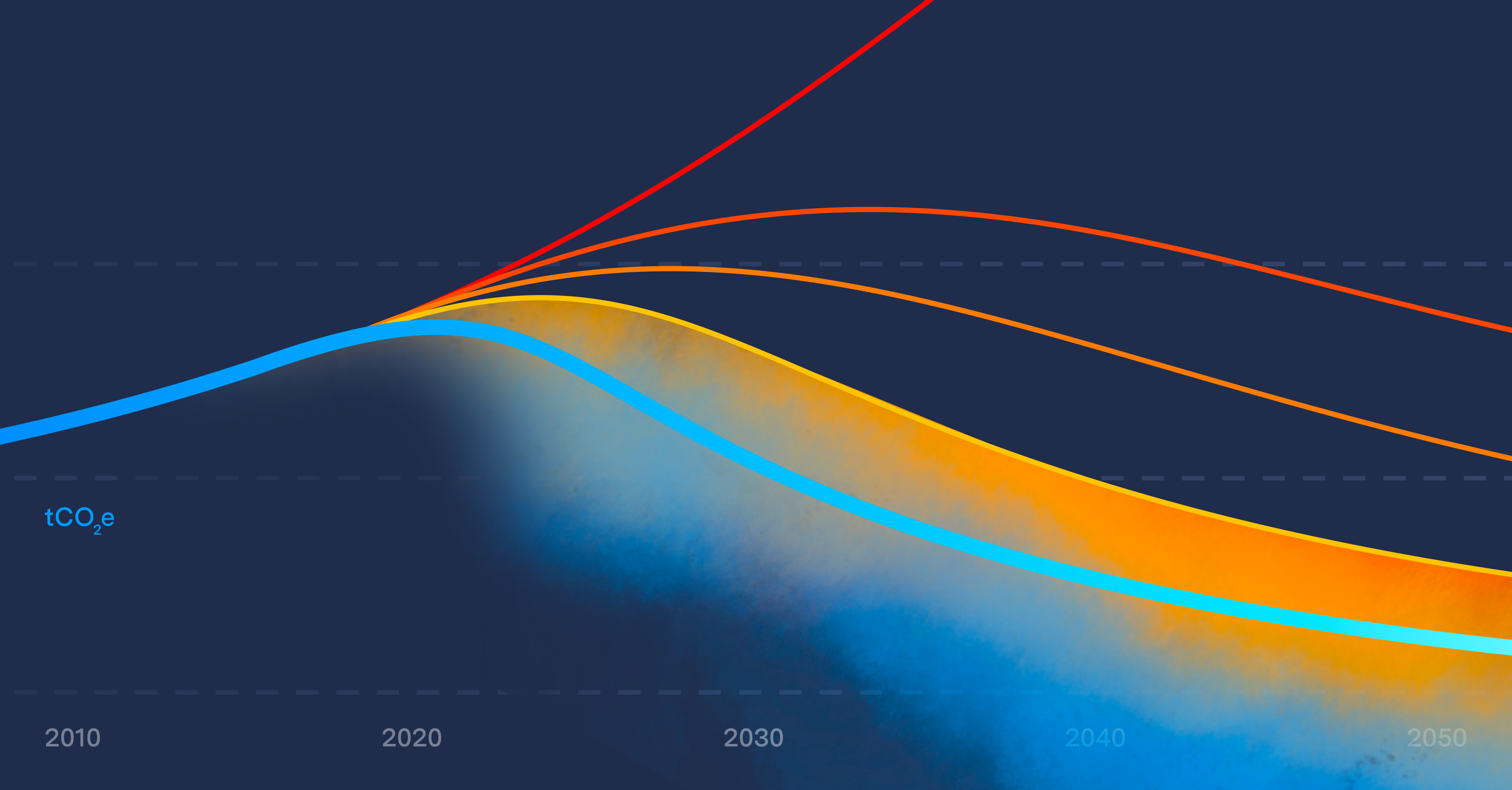As 2023 comes to a close, we remain resolutely optimistic about what lies ahead. Our Head of Science, Dr. Sangwon Suh, perhaps summarizes it best:
“Unleashing the power of the private sector holds great promise to address climate change at the speed and scale that is needed.”
Dr. Sangwon Suh
We’ve compiled a list of some of the articles, podcasts, and videos that caught our interest, gave us hope, and are fueling our resolve for climate optimism and action in 2024.
We hope you find them interesting. Please send us your favorite reads of the year—we’d love to hear from you.
01
Analysis: Global CO2 emissions could peak as soon as 2023, IEA data reveals (Carbon Brief)
Based on a report from the frequently pessimistic International Energy Agency, this analysis is a little dose of optimism. Among other things, it finds that global emissions may have peaked this year. I liked this takeaway from Zeke Hausfather: “While we remain far from on track to meet our climate goals, the positive steps we’ve made should reinforce that progress is possible and despair is counterproductive.” - Alex Hsu, Head of Watershed Supply Chain.
02
This is the environmental cost of the food we eat (Washington Post)
This article was interesting, interactive, and tested some of my preconceived notions about the different foods I eat. This quote stood out to me, as a pescatarian: “Halpern already abstains from eating pork and beef to limit his personal environmental footprint. But the data also showed that some fish, for example, had greater consequences than he realized, while chicken scored ‘way better than I thought.’ ” - Kate Bartick, Climate Data Analyst.
03
The Fifth National Climate Assessment, Chapter 32: Mitigation (US Global Change Research Program)
I led the mitigation chapter of the assessment, which was published this year. It entailed many meetings and drafts with dozens of scientists, and I’m proud of the result. One especially cool element is the database of US-specific net-zero emissions energy model scenarios we assembled. The New York Times also has an excellent overview of the assessment. - Steve Davis, Chair of the Watershed Science Advisory Board.
04
What is bio-oil, and why does Big Tech think it can fight climate change? (The Verge)
This is a great explainer on Charm Industrial, one of our carbon removal suppliers, and how companies–including many Watershed customers, through our exclusive partnership with Frontier–are helping develop the carbon removal market and support innovation. - Claire Kiely, Head of Supply, Watershed Marketplace.
05
How Biden's Inflation Reduction Act changed the world (Financial Times)
This is a great video based on solid reporting. It does a good job of bringing together trade, geopolitical, climate, and economic perspectives. - Paul Adams, Head of Sales, Europe.
06
Indigenous Leaders Mobilize the Transition to a New Industrial Age (The Sustainable Finance Podcast)
This podcast covers everything you need to know about sustainable finance. I love it because it’s relevant, informative, and straight to the point. I am always interested in sustainability work that helps indigenous people shine, so this episode is a particular favorite. - Kaleo Fernandez, Commercial Account Executive.
07
With TikToks and Lawsuits, Gen Z Takes on Climate Change (New York Times)
Gen Z has thrown themselves into addressing every angle of the climate crisis, from protesting political inaction to founding climate tech startups (and joining them!) to decoding obscure climate concepts for public consumption. This piece is a great look at how Gen Z is taking on climate—and a reminder of the influence older generations have on the Earth Gen Z will inherit. - Amelia Penniman, Communications Lead.
08
How AI is helping airlines mitigate the climate impact of contrails (Google Sustainability)
This is a fascinating example of how data fuels the advancement of climate science and AI. In the data privacy world, there are serious concerns about personal information being used to train AI models, and this Google example is a sigh of relief for me. It’s a positive example of how large amounts of data—that is not personal, sensitive, or proprietary—can be used for good. - Katherine Tsai, Legal Head of Product, Privacy, and Intellectual Property.













